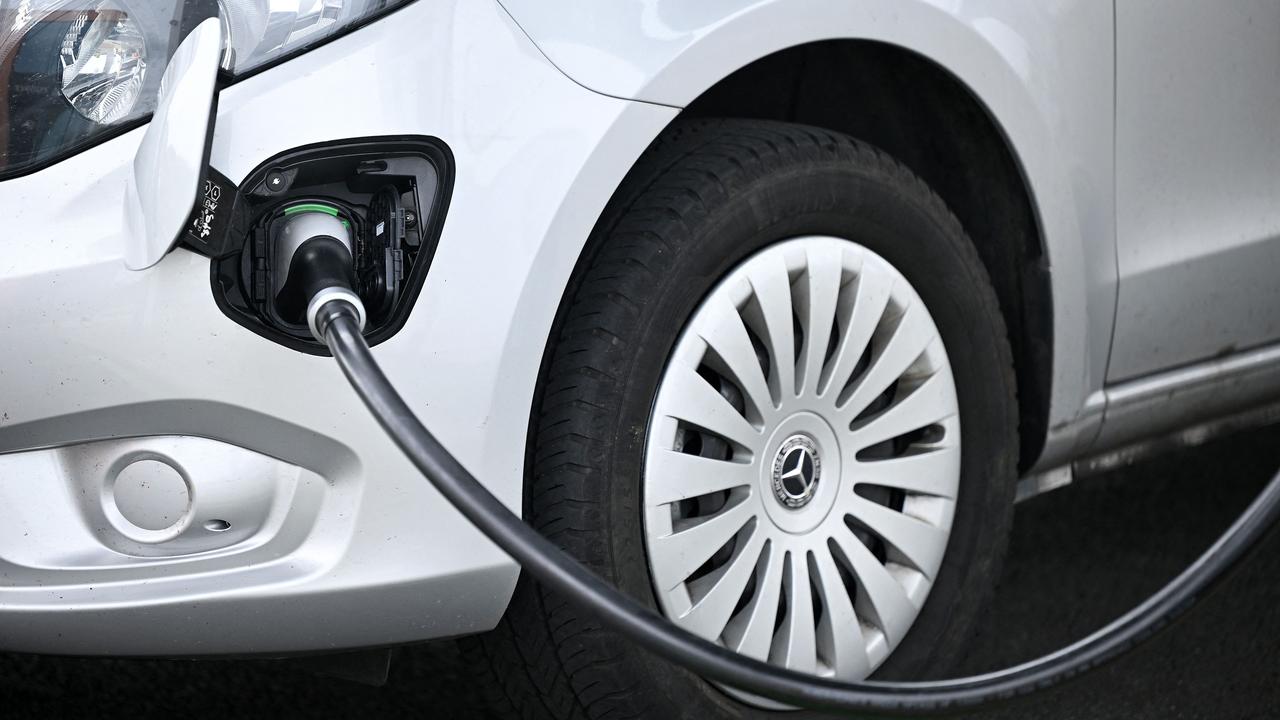Victorian electric vehicle drivers will no longer be forced to pay a road user levy after the High Court ruled the tax was unconstitutional.
On Wednesday, a majority of justices ruled in favour of two Victorian electric vehicle drivers, who argued the state could not impose a road user charge on EVs and plug-in hybrid vehicles.
Their case was supported by the Commonwealth on the grounds that it has the exclusive power to raise “duties of customs and of excise”, which the Victorian state-based tax contravened.
The determination will effectively frustrate efforts by other states to implement similar levies – both Western Australia and NSW were planning to introduce road user charges from 2027.
The chief justice, Susan Kiefel, along with justices Stephen Gageler, Jacqueline Gleeson, and Jayne Jagot, ruled in favour of the plaintiffs – EV drivers Chris Vanderstock and Kathleen Davies.
The Victorian state government was ordered to pay legal costs.
“Australia is lagging behind the rest of the world on electric vehicle uptake. Now is not the time to be taxing electric vehicles – it’s the time to be doing everything we can to encourage people to make the switch to cleaner cars,” David Hertzberg, senior associate at Equity Generation Lawyers, said.
“Today’s judgment means that Victoria’s electric vehicle tax is invalid. It also sets a precedent that will likely prevent other states from implementing similar legislation.”
Mr Vanderstock, who owns two EVs and works as a nurse manager, said the High Court’s decision was a great result and would assist with emission reduction efforts.
“I’m so happy, I’m ecstatic. Just relieved that the judgment has been in our favour,” he said.
“We believe that Victoria’s electric vehicle tax discouraged people from buying EVs, and punished existing EV owners who are trying to do the right thing. It was an ad hoc, piecemeal policy which undermined our collective efforts to reduce emissions from transport.”
Under the tax, motorists with electric vehicles were required to submit a photograph of their odometer once a year.
A failure to comply would result in the driver being charged for travelling a default distance of 13,500km, or have their registration cancelled or suspended.
The tax was expected to raise about $30 million, leaving a revenue shortfall for Victorian Treasurer Tim Pallas.
Treasurer Jim Chalmers has hinted at a looming “electric-car tax” from the federal government this year given increasing numbers of battery-powered vehicles cars on Australia’s roads.
“I think in the next few years, an increasing focus, certainly of our government and most likely governments (that) will follow us will be this public policy challenge, this revenue challenge, this challenge to the revenue base,’’ Dr Chalmers said in August.
The cheapest EVs available on the market come in at about $40,000, with most average models costing between $60,000 to $90,000.
Following Wednesday’s High Court ruling, Greens leader Adam Bandt demanded Labor scrap any push to roll out a wider EV tax “to make them cheaper and more affordable”.
“EVs are already affordable and it’s going in the right direction, but there’s still further to go,” Mr Bandt told reporters.
